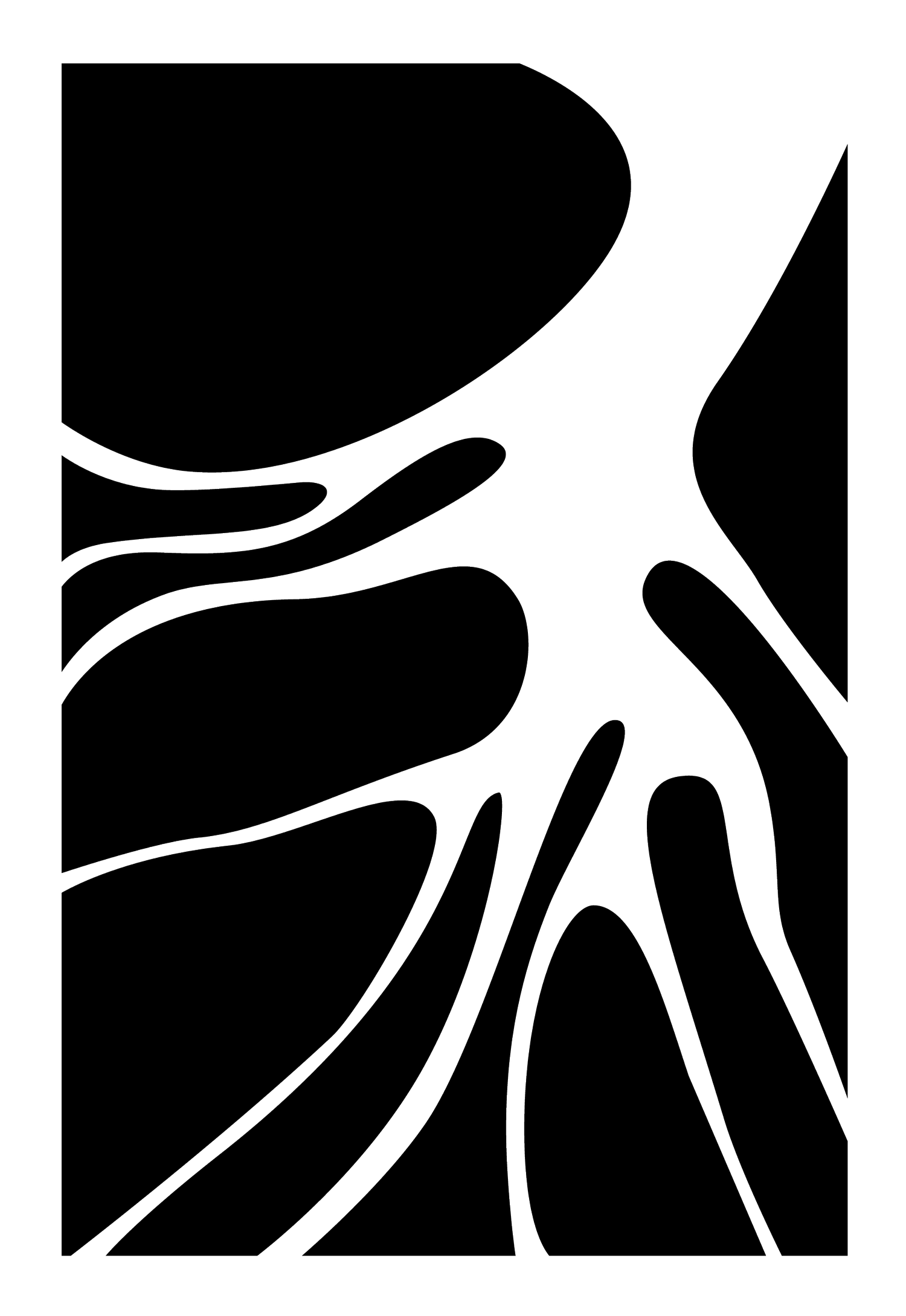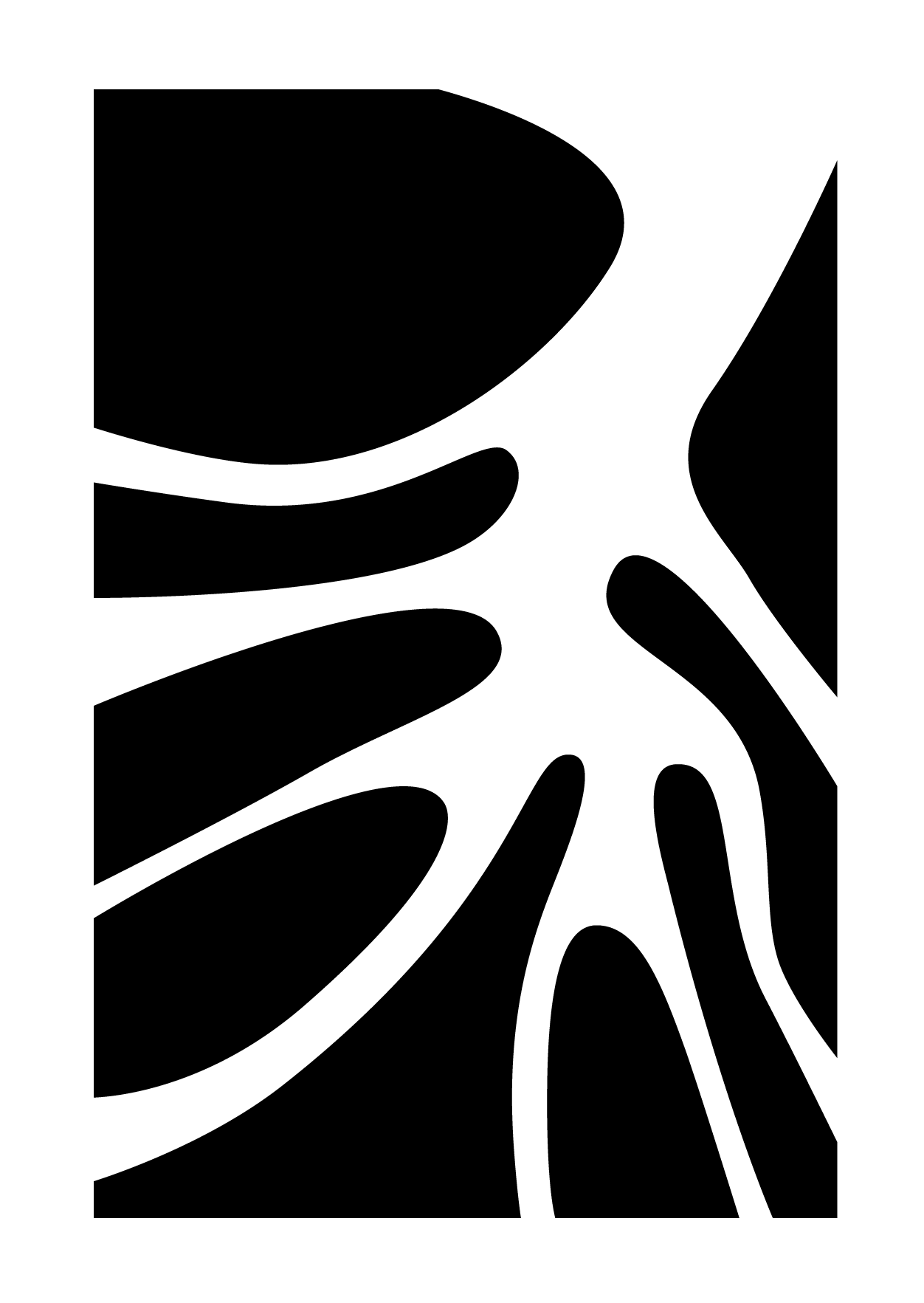Four Poems
by Hilary Plum
From our hill
A flare rising below
in the passages this is light like
light anyone could open a door
you were
not there having never
learned the difference between
camp and city the difference
is there another hand
I read
the newspaper was obscured
after a scrim the hue of flesh never
yours but preferred as if night
were a room in which your long dream
of my flesh was housed blinds
low night lasts not
a history but a time you still
recognize, jasmine or rosemary, a peeling
back a quarry children
still swim in
Still wife
A triangle began
Car full of voters mountain nearly removed
In the foreground was I crying
Blue-green the algae emerging from each pierced
kernel of corn
Crying was still a position
into external spaces like the start
of a kettle’s screaming I’d long seen the mountain
there, where it was thing in window steam clouded
like salt seals the lid or salt bricks years up beneath
the mountain
Car steady on the tracks surface clogs the filter
meant I was there where you could see me
Car along the orthogonal
You could find me or assume my position
not sounding the opaque shape of pond
not signaling to a V of birds streaming through
an absence
someone was plummeting
And I, who have never seen a corpse
You keep
the name siege orchards of
systems theorized sweetness
they must and weren’t
you keeper of one
palmful of glistening near sanguine
seeds representing seeds of
pomegranate one pomegranate
in hand but released kept an old image
like a face a map animated
a bird through this ripe wind or
something like their whole heaped world
cauterized fruit as it as if
something to be said for describing
I did release
a tendril ground held
sap as memory
Excerpt from Harm Reduction
The librarian was shaking his head. This, he said—gesturing toward the book I’d selected—would never shake the UN.
I was starting to remember I’d written the book. Things were coming into focus, like the white etched in an ultrasound becoming a hungering mouth. The library was more like a dairy that’s overproduced, valves blasting milk into sewers.
One last time I buttoned my blouse. The ceiling was dreamy and arched, made wholly of glass. After the last war there’d been a rush on transparency. The books had already been catalogued. I’d once believed my own had been spared.
If you were anywhere else, your view, like an egg cracked on the new dome of the city, was just commentary. I knew the feeling, like the dry heat of the professor’s hands hovering over the one text I’d read. I thought my neck would smell fresh as a multilith, young and Xeroxed. He had to tell me the war had already begun.
The library was a quiet place to say the Red Cross was denied access to the camp. There was a sort of drumbeat and there you go, troops in the protectorate. I felt it all in my ribcage when she was awake. Her face soft as any book. I saw her only when the machine was deployed.
One last time I filled my lungs, like pouring concrete into the ditch of her presence. I would see the librarian at his second job. He knew what he’d do if anything happened to us.
After a few years I found a message you’d left: I am by the baggage claim. I can’t see you.
What if your invitation was meant for the afterlife?
Our breath was growing short, as if we were walking over the place our forebears had dug the swale. For technical reasons our candidate’s name remained on the ballot.
Every car will stop running. Clotheslines are taut above unrepentant violets.
I always knew which day in the cycle.
It’s not that I needed the airport to stay open. Or the sheen of tape film between my bluing fingers. I wished there were still a place to not need to speak of you. Only you could hear my voice there, a long storm of hello.
Without a camera I’d have been out of place. I preferred rooftop bars but this was a church basement.
The more you drink, I was saying, the less is left for the troops. Another pour headed my way, sounding just like a soldier pissing on the curve of my boot.
In a generic offering plate I saw my bare torso reflected. I could have dug deeper if asked. The bills heaped up.
When the teardrop hit the nipple, I hit send.
Without the strike we wouldn’t have had the strike. I wouldn’t have heard you say, I only speak for myself.
Your hand was no bigger than mine. Then the white type of end credits, like white phosphorus filling the tunnel. I thought it would be easier. Coming back up the ink was no faster. Say you were not in your accent speaking. No one agrees on the end of the story. No one still here.
Hilary Plum is the author of five books of poetry and prose, most recently Excisions, a volume of poetry (Black Lawrence, 2023), and Hole Studies, an essay collection (Fonograf, 2022). With Zach Savich she edits the Open Prose Series at Rescue Press. She teaches at Cleveland State University and serves as associate director of the CSU Poetry Center. www.hilaryplum.com.

